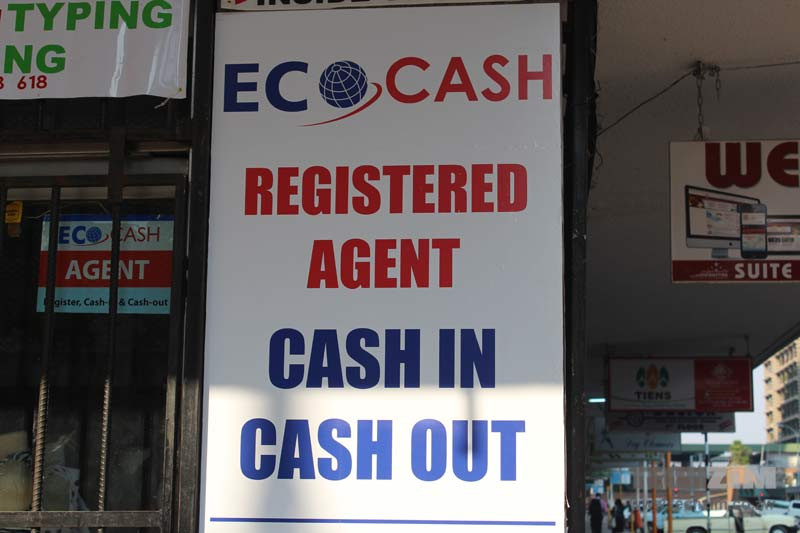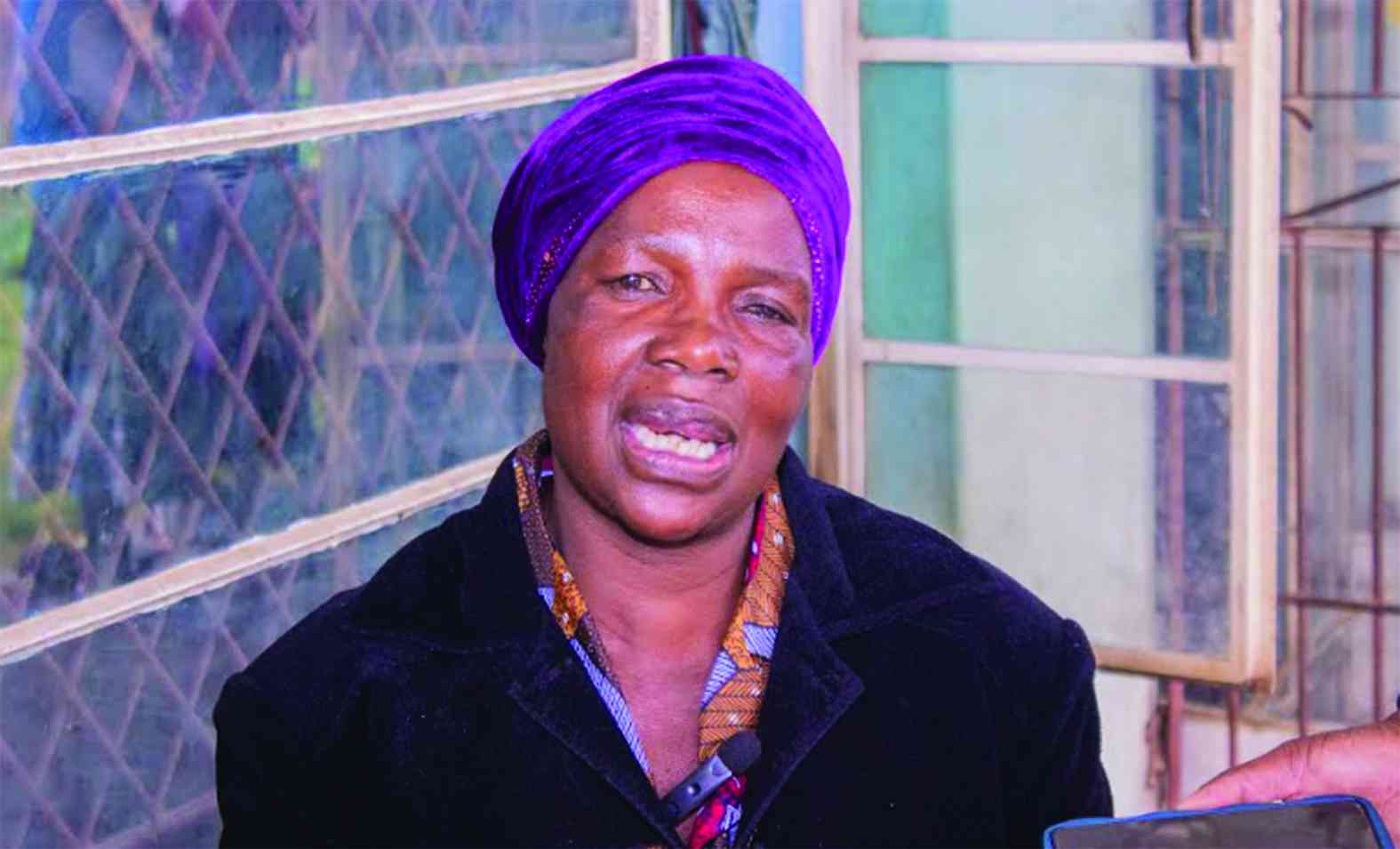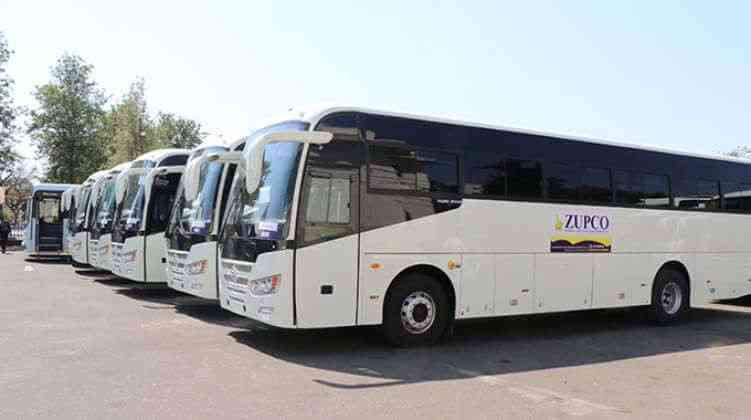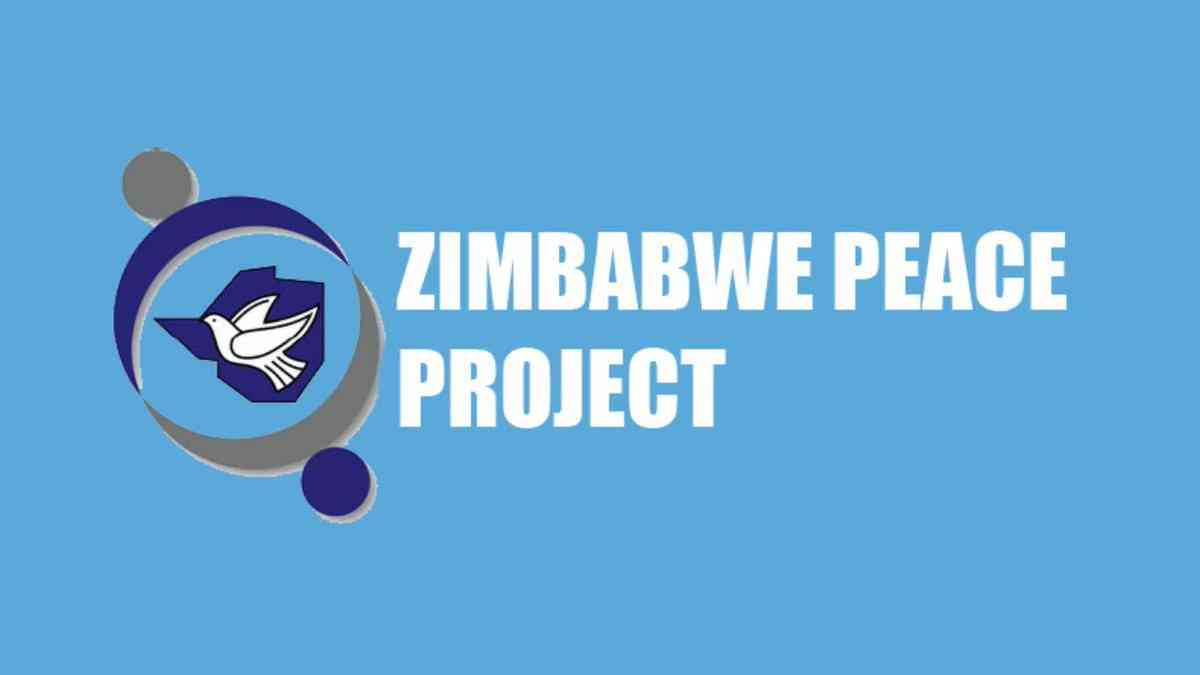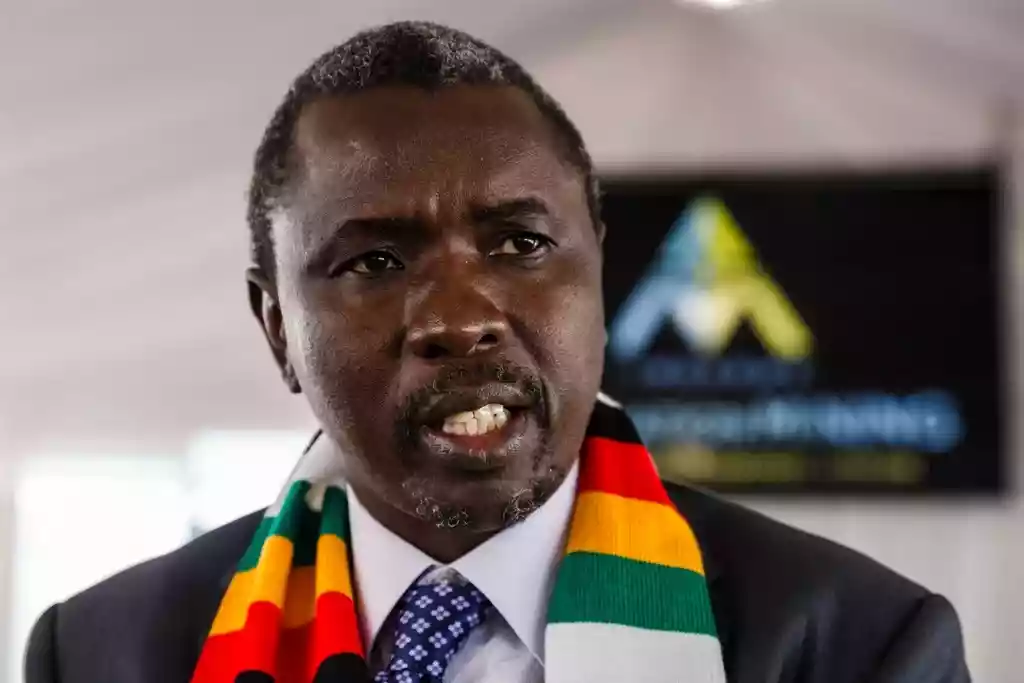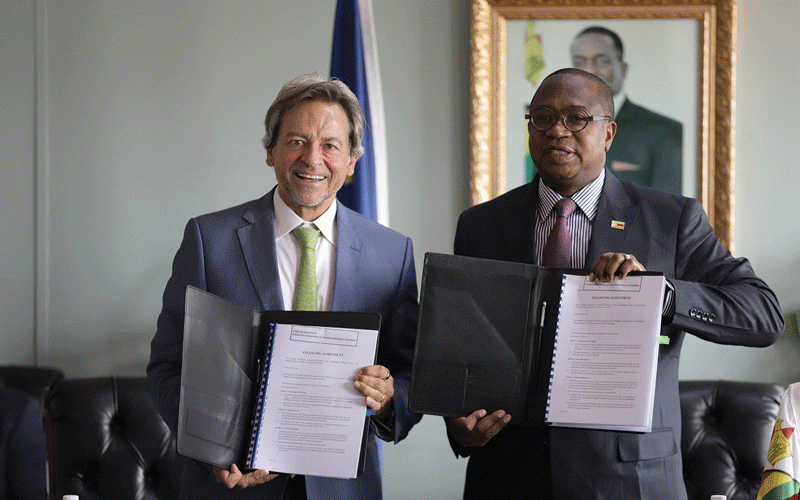
FINANCE, Economic Development and Investment Promotion minister Mthuli Ncube says Zimbabwe had benefited from having a weaker domestic currency, adding that the economy had grown at an average rate of 6,8% in the last three years.
Ncube’s remarks come at a time government’s newly introduced currency, the Zimbabwe Gold (ZiG), the country’s sixth attempt to introduce a stable currency in 15 years, has been depreciating against the United States dollar since its debut in April.
Speaking during a signing ceremony of four financing agreements between Zimbabwe and the European Union (EU) in Harare yesterday, Ncube blamed climate change for stagnating economic growth for this year and not the ZiG.
“If your sole reference currency is foreign currency, you need a domestic currency to grow. And that’s what we have in the form of ZiG. And it is supporting economic growth,” Ncube said.
“Do you think it is surprising that in all the currency volatility we have experienced in the last five years, the Zimbabwean economy has grown at an average rate of 6,8% in the last three years?
“How did this happen if currency was such a big deal? And I think it shows and proves to you that having a weaker domestic currency has actually produced more advantages than disadvantages.
“And it shows economic growth. And the reason why we have slower growth this year is not because of the currency. It’s actually because of climate change.”
Ncube said currencies responded to both the supply of the hard currency and but also its demand.
- In Full: Nineteenth post-cabinet press briefing: July 05, 2022
- Dispute erupts over Mathe chieftainship
- Festival amplifies new voices
- Local ref to officiate at Rugby World Cup qualifiers
Keep Reading
“What I’m also saying is that, you know, a currency that weakens presents opportunities and advantages to one group of people, but disadvantages to others.
“So it is not advantage all the way, but disadvantage all the way. So, for example, if you’re an exporter, after the depreciation of ZiG, suddenly your inflows in ZiG terms have doubled. So that’s why currency depreciation really supports what we call export competitiveness.”
The four financial agreements signed yesterday are worth €75 million (US$80 million) and are in support to the development of the country.
EU ambassador to Zimbabwe Jobst von Kirchmann said the financing was aimed at accelerating the green transition through support to agri-value chains, renewable energy investments in agriculture, conservation of biodiversity and building community resilience.
The projects mark the second phase of funding under the EU’s €148 milion (US$160 million) allocation to Zimbabwe Multi-Annual Indicative Programme (2021-2024).
“By aligning the EU’s Global Gateway priorities with Zimbabwe’s National Development Strategy 1, we are addressing immediate needs while empowering Zimbabweans especially women and youth to build a resilient society and economy,” von Kirchmann.
Agri-value chain support will receive a budget of €28 million (US$30,4m) to address green economic growth by supporting the horticultural and the small grains value chains, as well as renewable energy for the value chain development.
Biodiversity enhancement and resilience building gets a budget of €26 million (US$28,2m) to support human-centred biodiversily conservation efforts through support to wildlife conservation efforts which implies resilience-building activities for concerned populations, in two areas of high biodiversity value at regional level.
Transparency and accountability will receive a budget of €16 million (US$17,4m) to increase citizens’ effective participation to hold government to account and claim their rights, and to strengthen service delivery and access to justice at local level.
Gender equality and women empowerment will get a budget of €7 million (US$7,6m) aimed at focusing on strengthening women’s socio-economic empowerment as a means of ending violence against women and girls.

